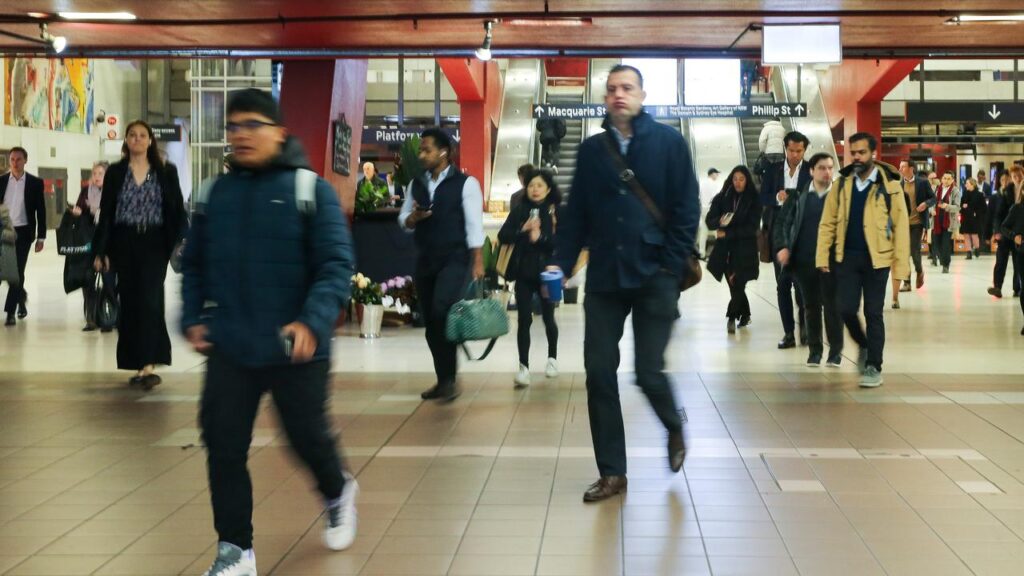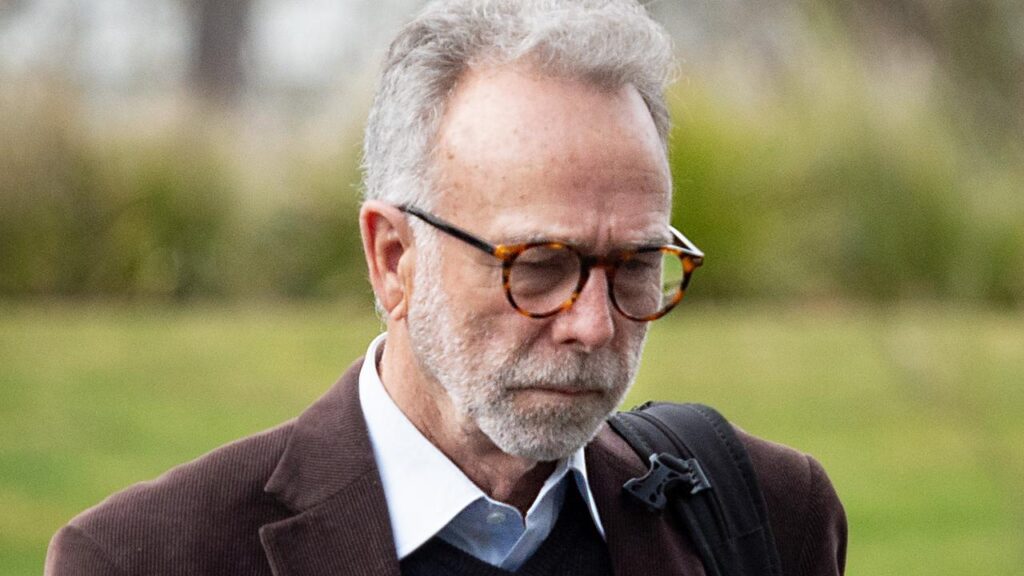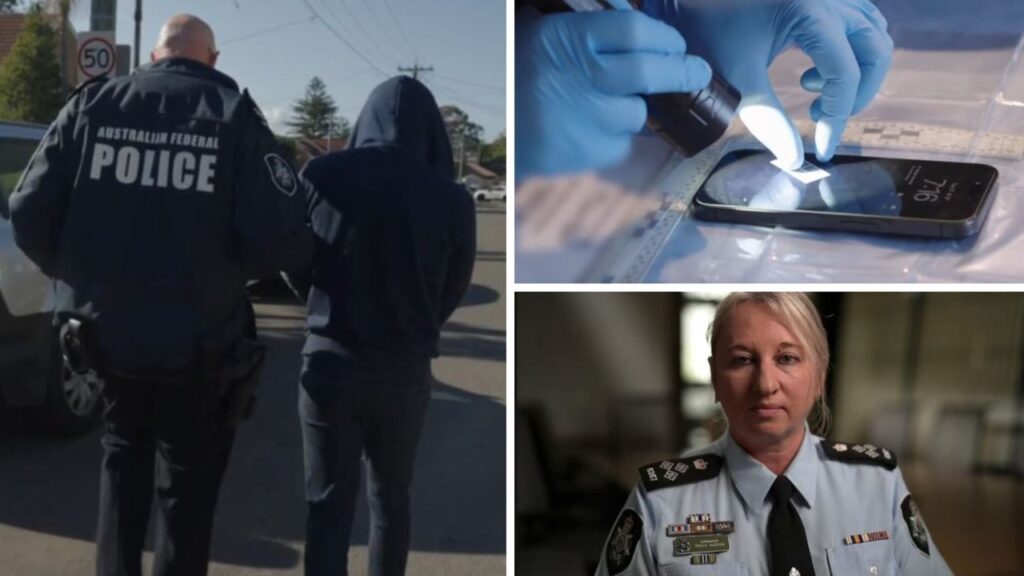‘Growing’: Horror disease killing Aussies
Written by admin on September 18, 2024
It’s that low-hanging cloud that millions of us can see hovering on the horizon, threatening to rain on us in our old age: dementia.
For some, that cloud is just a speck in the distance, but for those who have been lapping the sun for seven or more decades, it might just be time to start packing the umbrella.
The theme for this year’s Dementia Action Week is ‘Act Now for A Dementia Friendly Future’ – but, of course, dementia is not a friendly word.
The Australian Institute of Health and Welfare (AIHW) issued a sobering report earlier this year, jam packed with very concerning statistics and an upward trending curve closely resembling a Winter Olympics ski jump.
They estimate that in 2023, there were a staggering 411,100 Australians living with dementia. Based on AIHW estimates, this is equivalent to 15 people with dementia for every 1000 Australians, which increases to 84 people with dementia for every 1000 Australians aged 65 and over.
Our ageing population means that sadly, that number is growing.
What is also alarming about this report (especially if you are female) is that nearly two-thirds of Australians with dementia are women, making it the number one cause of death for women in our country and a close second cause of death for our Aussie blokes.
So what is this horrible disease and how can we work to make our communities more dementia friendly?
You may be surprised to learn that dementia is not a specific disease. It is an umbrella term used to describe a number of disorders which are characterised by symptoms affecting memory, behaviour and the ability to interact with others.
More literally, it involves the shrinking of areas of the brain as a result of nerve cells dying and then ceasing to function or perform the everyday tasks we take for granted and for which they were designed to do.
The main types of dementia are Alzheimer’s disease, vascular dementia, Lewy body disease, frontotemporal lobar degeneration (FTLD), Huntington’s disease, alcohol-related dementia (Korsakoff syndrome) and Creutzfeldt-Jakob disease. Each has its own symptoms and causes, but there are many similarities between them as well. Different types of dementia can also produce differing symptoms in individuals, depending on which area of the brain the damage has occurred.
My mother’s diagnosis of FTLD in 2014 was undeniably a shock. The nature of her particular brand of dementia meant mum was unaware of her condition, adamantly asserting her absolutely-nothing-wrong-with-me status whenever she had the chance.
We spent almost a decade watching on and, as our mother continued to succumb to cognitive decline, there was plenty of time to ponder what was helpful and what was not – and what attitudes or actions of others could be deemed dementia friendly.
While there is undoubtedly a growing atmosphere of acceptance and awareness of dementia in the community, we are not there yet. I can’t count the number of times I’d be out in public with mum when her incoherent babbling – and let’s say, at times, unusual behaviour – would garner disapproving looks coupled with a wide berth.
I was grateful for those who showed understanding and not discrimination, like the wonderful woman who served us in a dress shop. When mum whipped out her Medicare card and handed it over for payment, the caring, perceptive sales assistant simply smiled at my mum, swiped the totally ineffective card and took my credit card for actual payment in secret, leaving mum none the wiser.
It meant so much. I wanted to hug her. She was the embodiment of dementia friendly behaviour.
Eventually having to move mum into full-time care, the blow was somewhat softened by the compassionate, eternally patient staff, trained specifically in dealing with dementia.
More work is being done to not only train staff, but to tailor aged care facilities to the specific needs of dementia sufferers, allowing them to continue to thrive and enjoy life in a safe and friendly environment long after their diagnoses.
While we continue to hope and pray for a breakthrough and, dare we say, a cure with ongoing dementia research, we also need to work towards more acceptance and less fear around the disease.
More Coverage
The Australian government is currently working to develop a 10-year National Dementia Action Plan, seeking advice from people living with dementia, including their families and carers, to provide strategies for raising awareness, lifting the stigma and making our communities more dementia friendly.
In the meantime, spare a thought for those caring for loved ones suffering from any sort of dementia and show kindness wherever you can. It won’t go unnoticed, I can assure you.
Sarah Jones is the author of Dementia, Who Are You and What Have You Done With My Mother? which is available to buy here or through selected book stores







